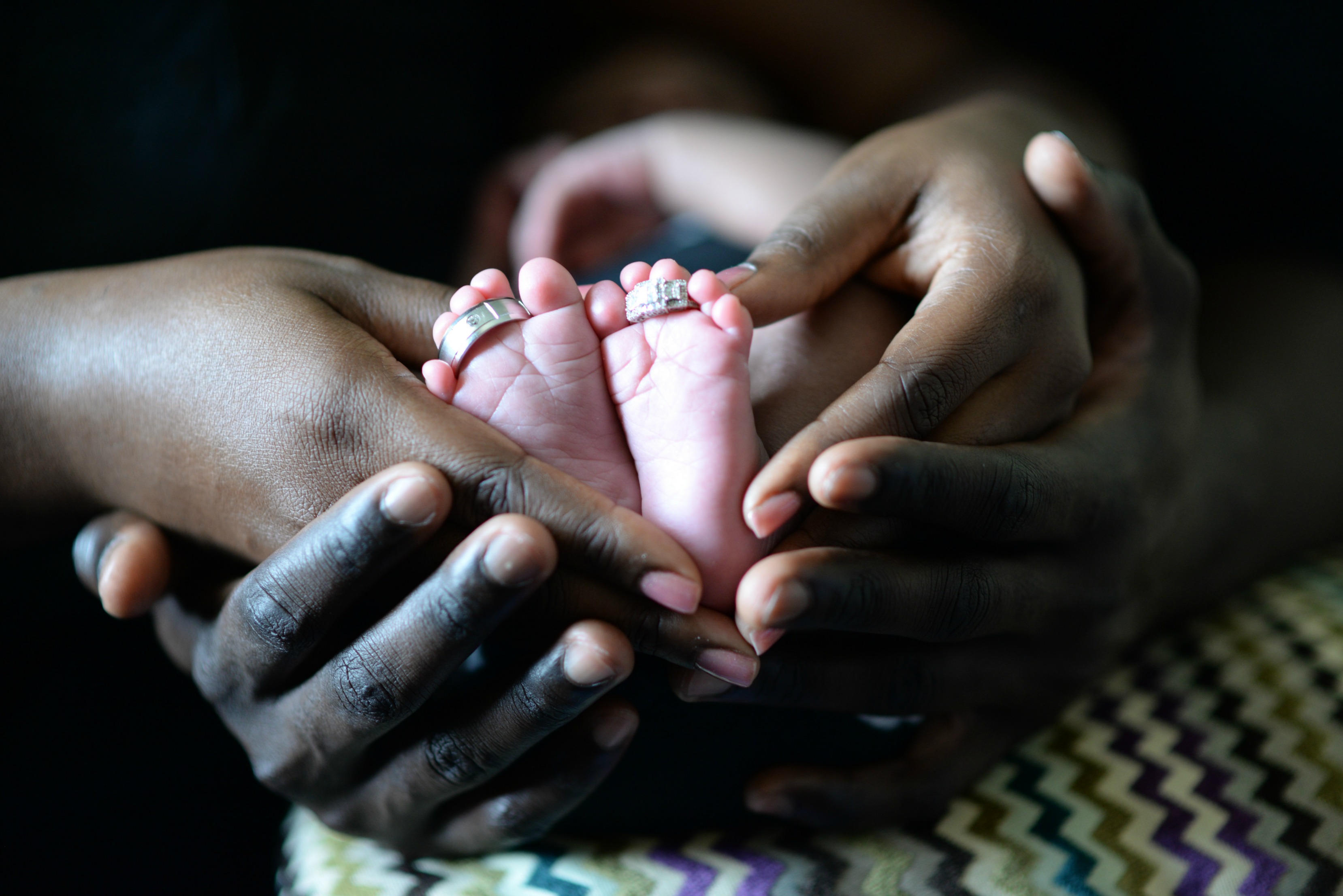
Scripture
Psalms: 78:1-39 & 78:40-72
OT: Jer. 7:21-34
NT: Rom. 4:13-25
Gospel: John 7:37-52
Reflection
One of my favorite book series is The Lord of the Rings. It is an amazing tale that gets richer as the books progress. Too many times “sequels” are not as good as the original. I think what makes The Lord of the Rings particularly good is that it was conceived as a whole from the beginning. Many of our current novel series were not. The first one is written and published and then after it has shown to be marketable the rest of the books are commissioned. Often this leads to holes in the plot or some disjointedness in the narrative. Not so with The Lord of The Rings. It goes somewhere from the start. The beginning of the story really only takes its full meaning from the end of the story.
I think this is one of the things that I love about the Bible too. It’s a whole story. It begins in a garden. It ends in a garden-city. There are twists and turns. There are moments that seem murky and confusing only to be clarified later on. Everything is connected. Everything ultimately points to Jesus.
In Romans 4 we see this happen. Paul shows how Abraham’s story connects to the story of Jesus. Check this out,
For the promise to Abraham and his offspring that he would be heir of the world did not come through the law but through the righteousness of faith. For if it is the adherents of the law who are to be the heirs, faith is null and the promise is void. For the law brings wrath, but where there is no law there is no transgression.
That is why it depends on faith, in order that the promise may rest on grace and be guaranteed to all his offspring—not only to the adherent of the law but also to the one who shares the faith of Abraham, who is the father of us all, as it is written, “I have made you the father of many nations”—in the presence of the God in whom he believed, who gives life to the dead and calls into existence the things that do not exist. In hope he believed against hope, that he should become the father of many nations, as he had been told, “So shall your offspring be.” He did not weaken in faith when he considered his own body, which was as good as dead (since he was about a hundred years old), or when he considered the barrenness of Sarah’s womb. No unbelief made him waver concerning the promise of God, but he grew strong in his faith as he gave glory to God, fully convinced that God was able to do what he had promised. That is why his faith was “counted to him as righteousness.” But the words “it was counted to him” were not written for his sake alone, but for ours also. It will be counted to us who believe in him who raised from the dead Jesus our Lord, who was delivered up for our trespasses and raised for our justification. (Romans 4:13-25, ESV)
God made a promise, a covenant, with Abraham that he would be the father of many nations. The problem is that Abraham and his wife Sarah were well beyond child-bearing years when this promise was made, and they didn’t have any babies yet. How could this happen? God had made a promise and so Abraham believed him. Abraham trusted God in the face of the unlikely result that this would happen. The Scriptures say that his faith was counted to him as righteousness. This means that Abraham was made righteous by faith, not by works.
Why is this so important? It’s so important because it means that God’s fulfillment of the promise is based solely on God’s actions and not on Abraham. It opens the door to the whole world being justified by grace through faith as opposed to only being in the bloodline of Abraham. He was not justified by successfully having a child, he was justified by believing that God would do this impossible thing.
It took me a while to understand what Paul meant when he wrote, “For if it is the adherents of the law who are to be the heirs, faith is null and the promise is void. For the law brings wrath, but where there is no law there is no transgression.” His point is that the law was given to the bloodline of Abraham and if righteousness came through the successful actions of Abraham then it did not come by grace. Paul clarifies in the next verse, “hat is why it depends on faith, in order that the promise may rest on grace and be guaranteed to all his offspring—not only to the adherent of the law but also to the one who shares the faith of Abraham, who is the father of us all, as it is written, “I have made you the father of many nations”—in the presence of the God in whom he believed, who gives life to the dead and calls into existence the things that do not exist.”
All this is by grace. Abraham and Sarah didn’t do anything to deserve this covenant. The covenant was not something they could even hope to fulfill. They were completely dependent on God to do God things.
This is exactly how we are too. We can’t hope to be perfect. Our righteousness comes by faith, just like Abraham’s. We are dependent on God to do God things. We can trust that he will because we have the beginning of the story. We are in the final chapters and we can look back at that beginning and know God has made good in the past, so we can trust him in the future.
The question that’s left for us is this, “Will we believe what the past tells about who God is and trust him?”
Will you?



